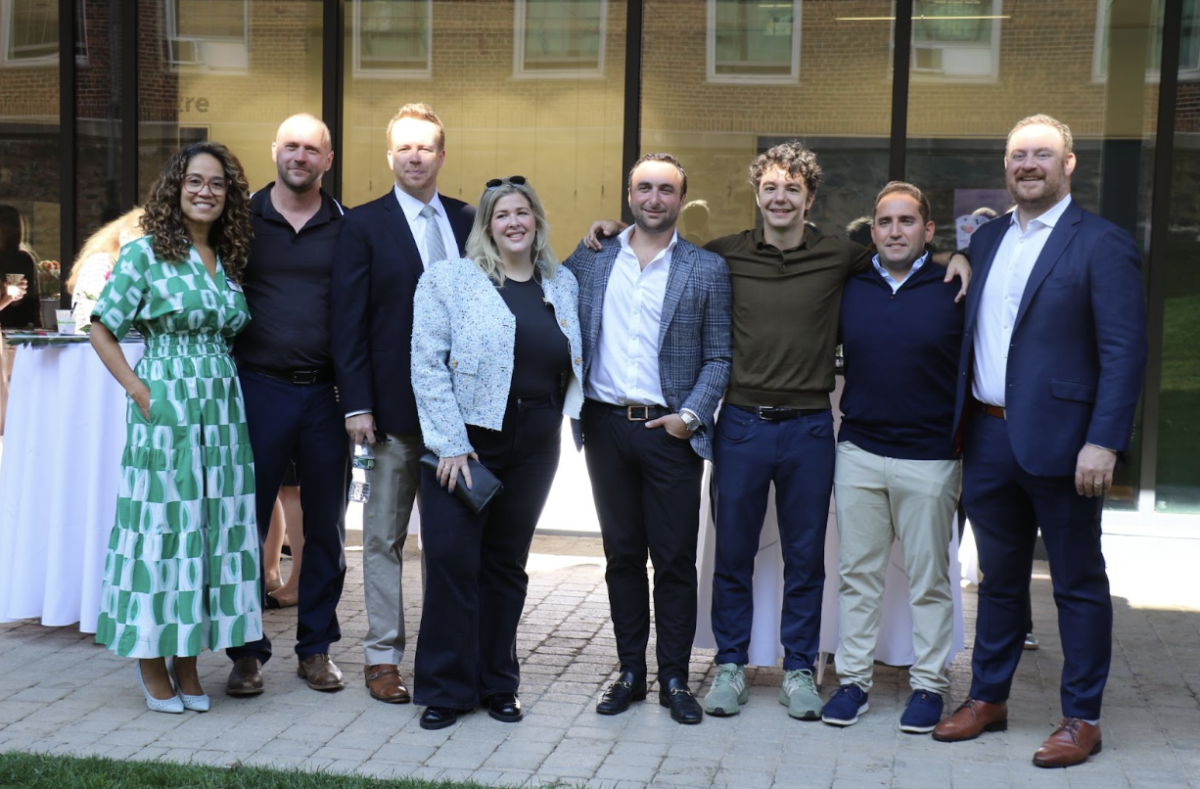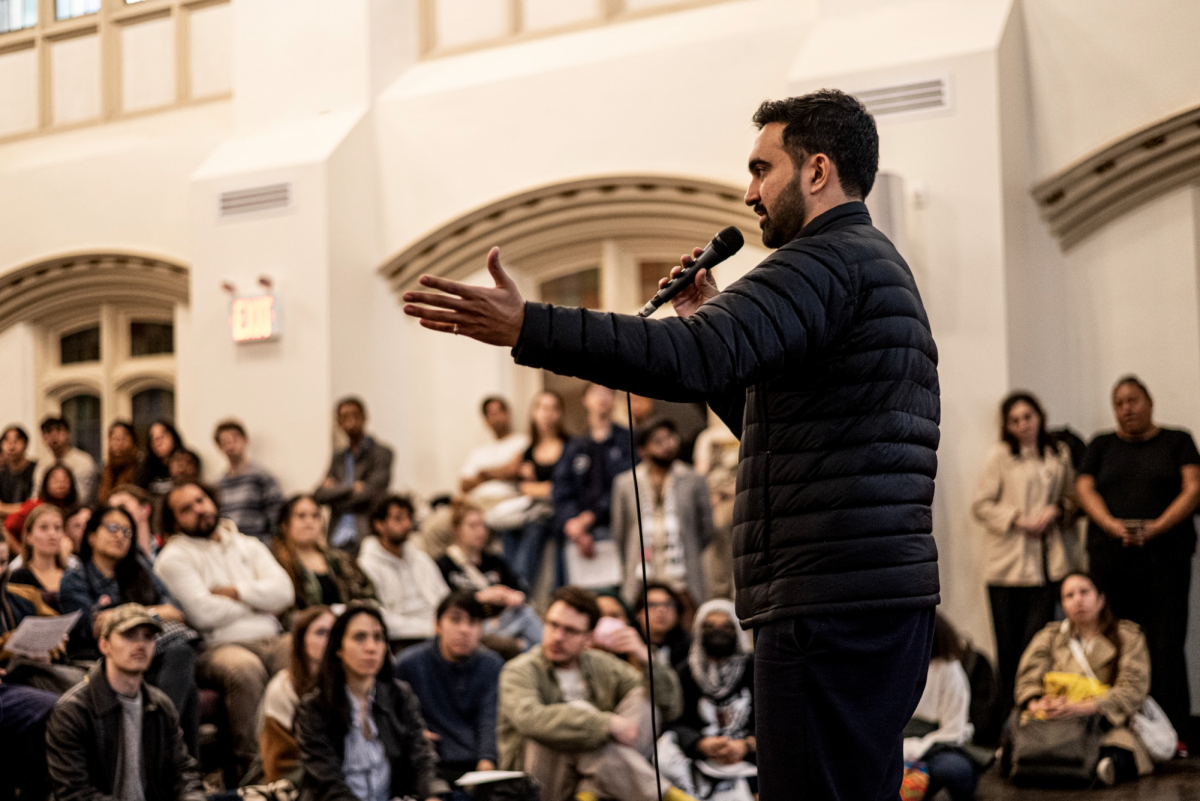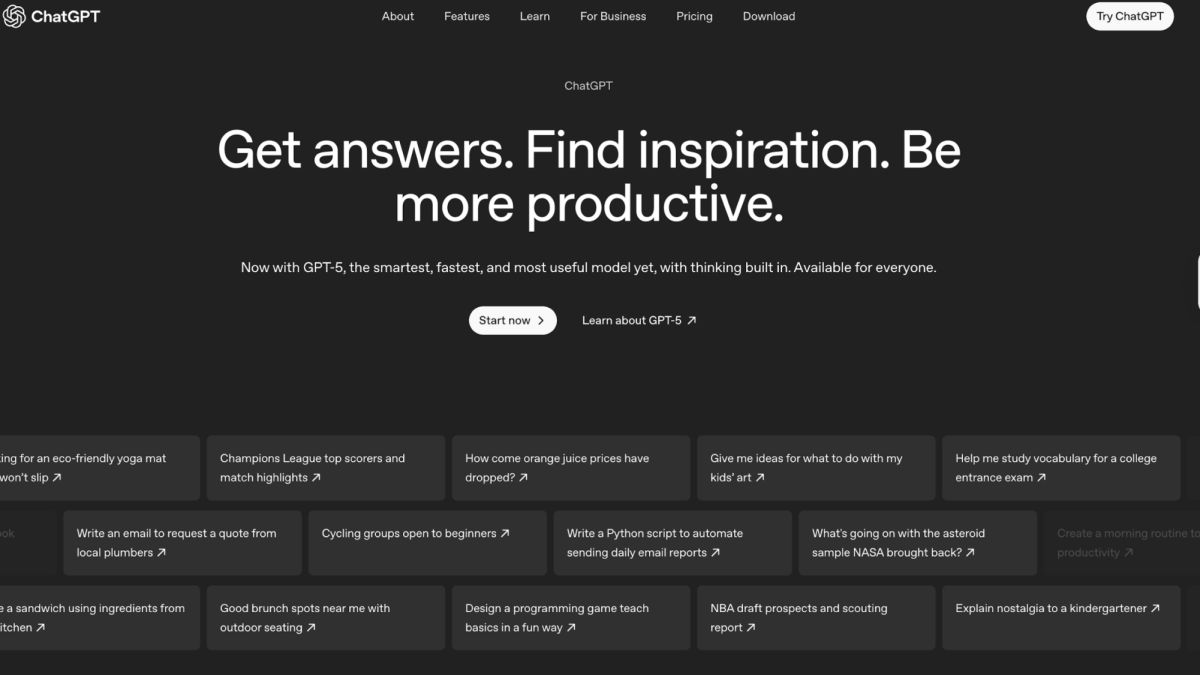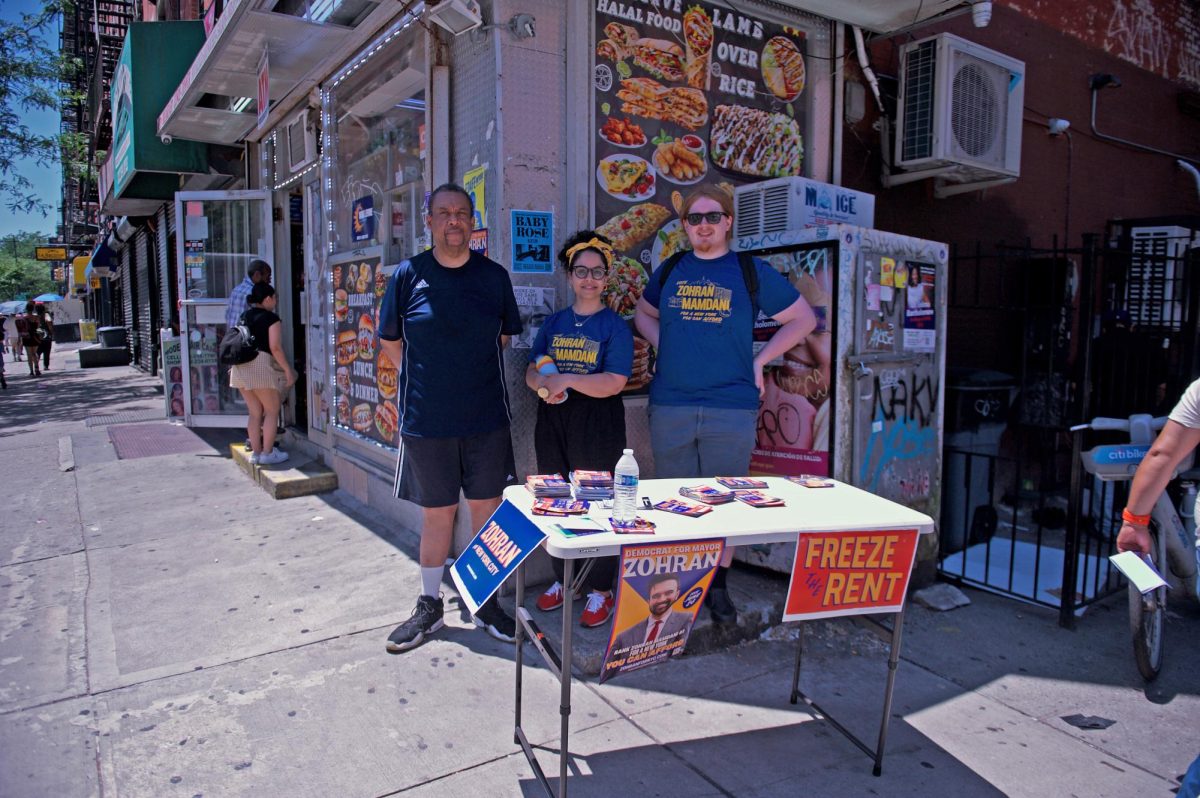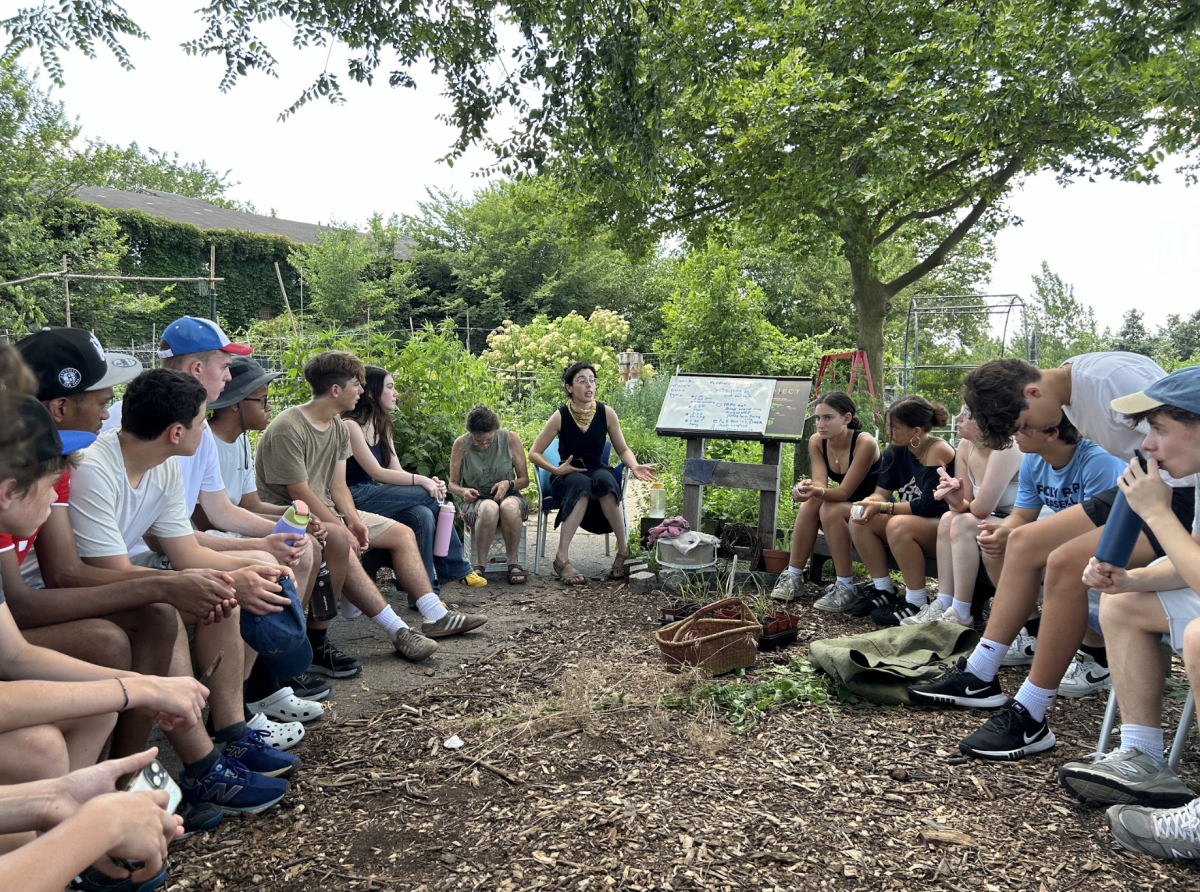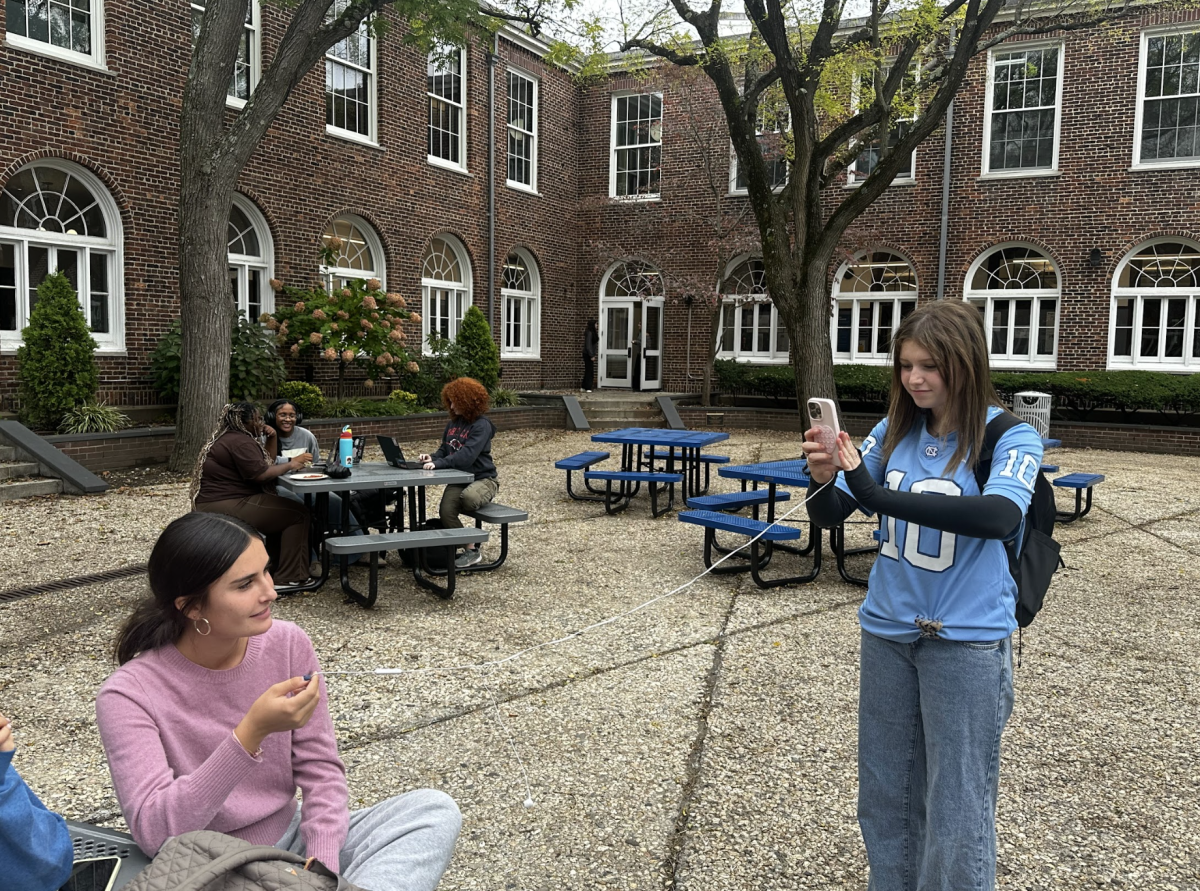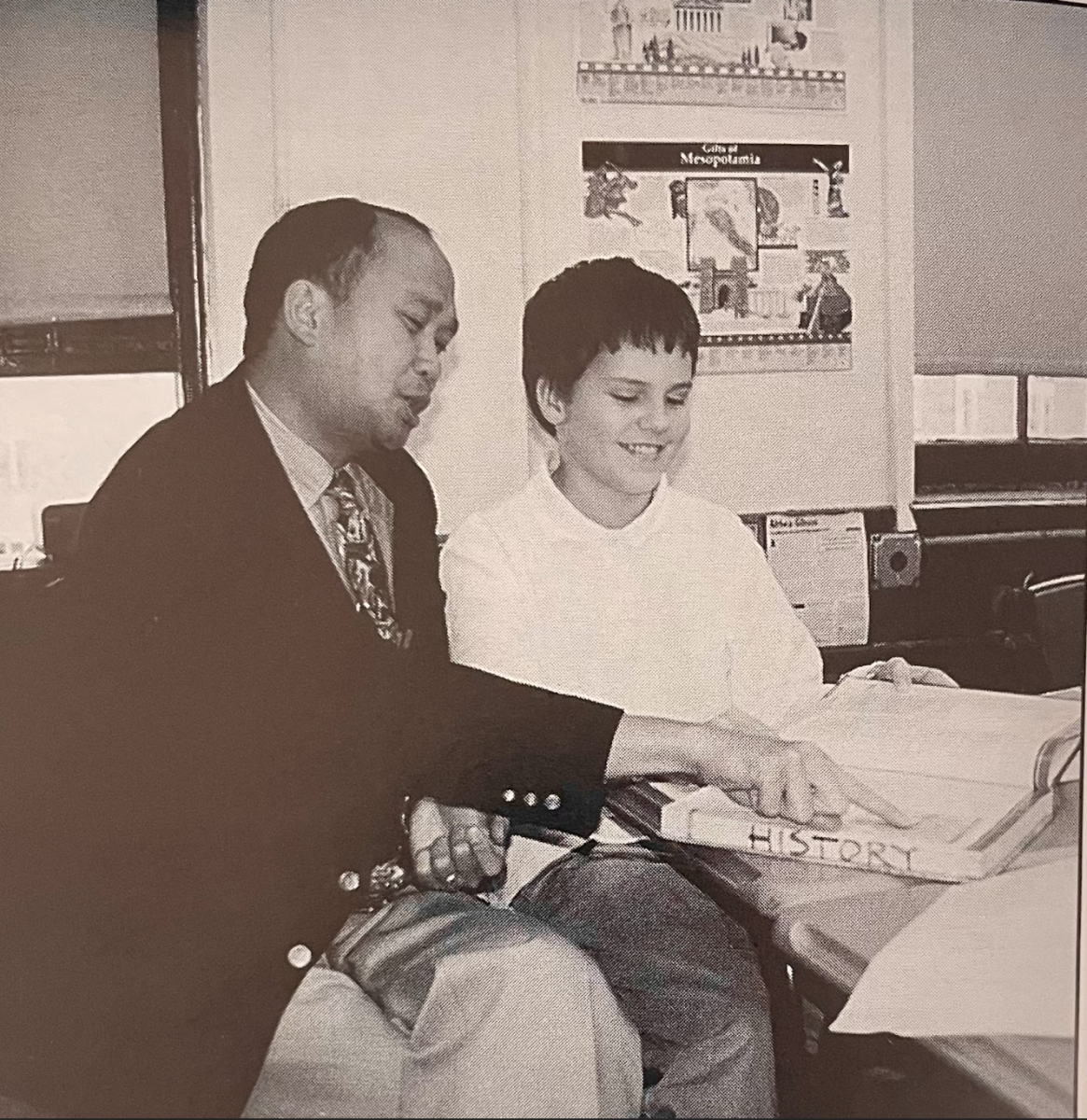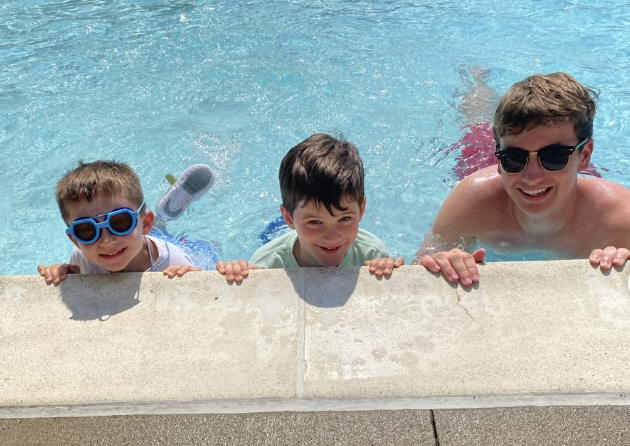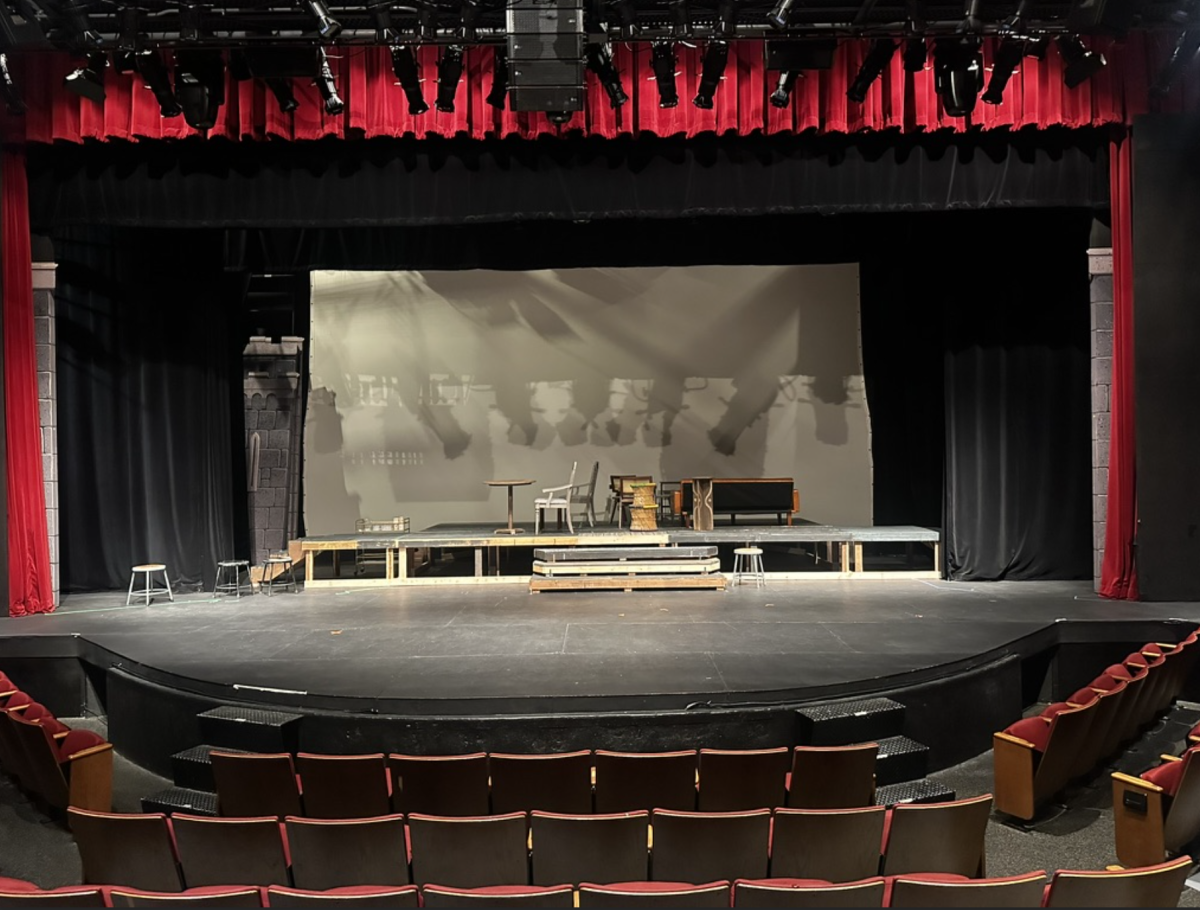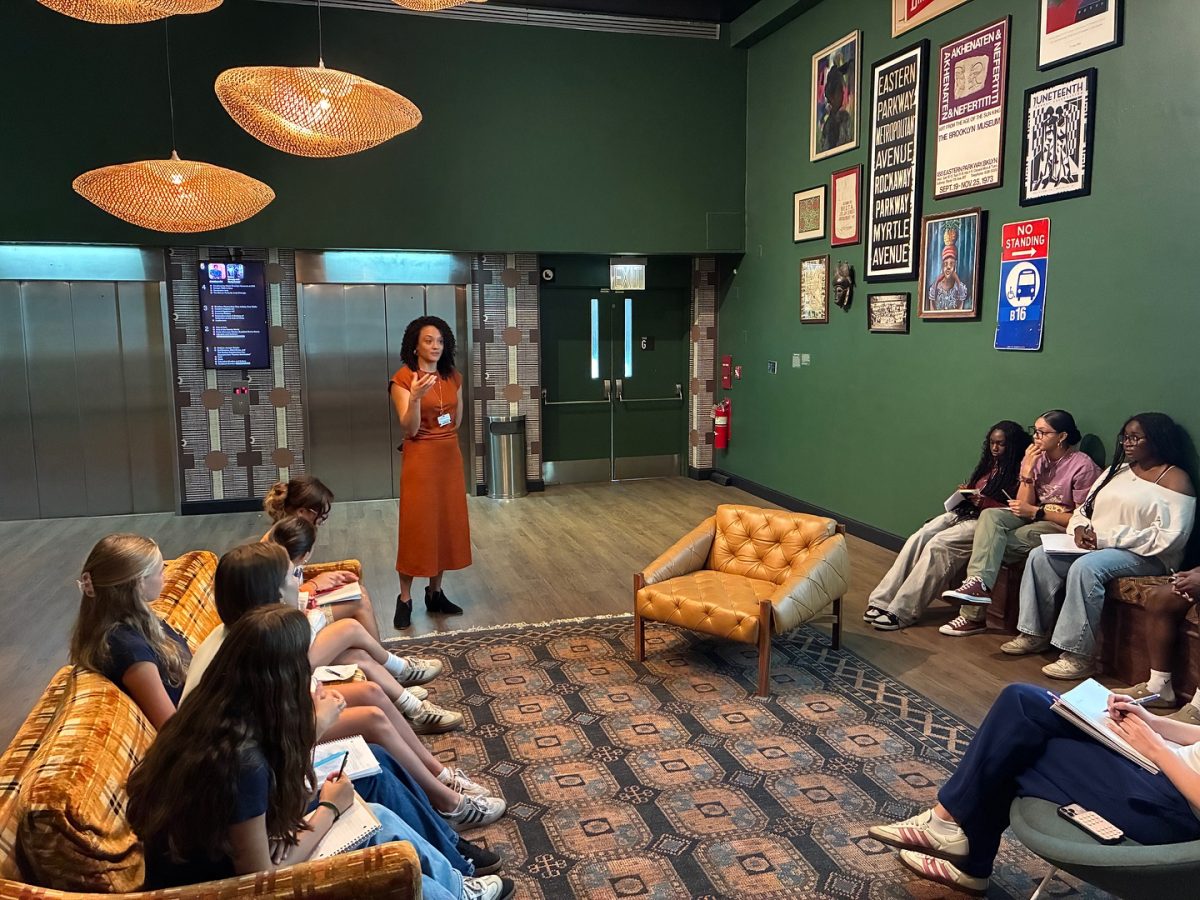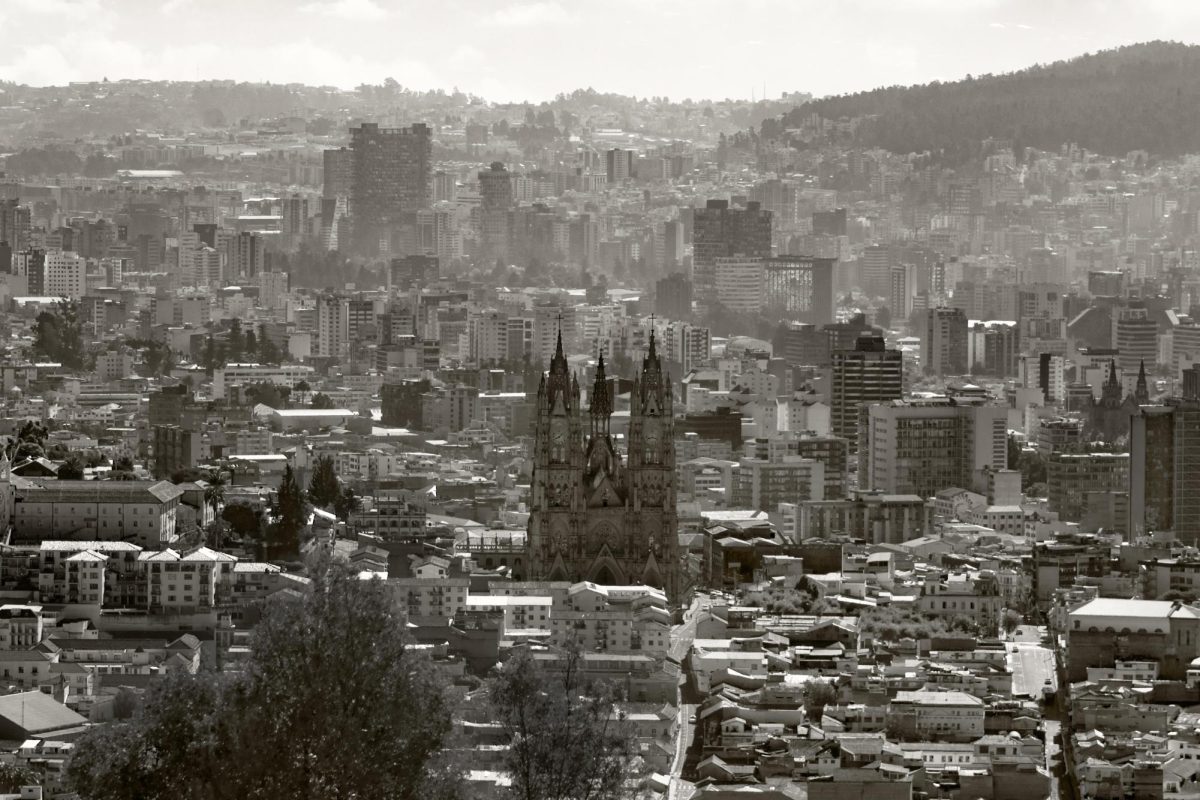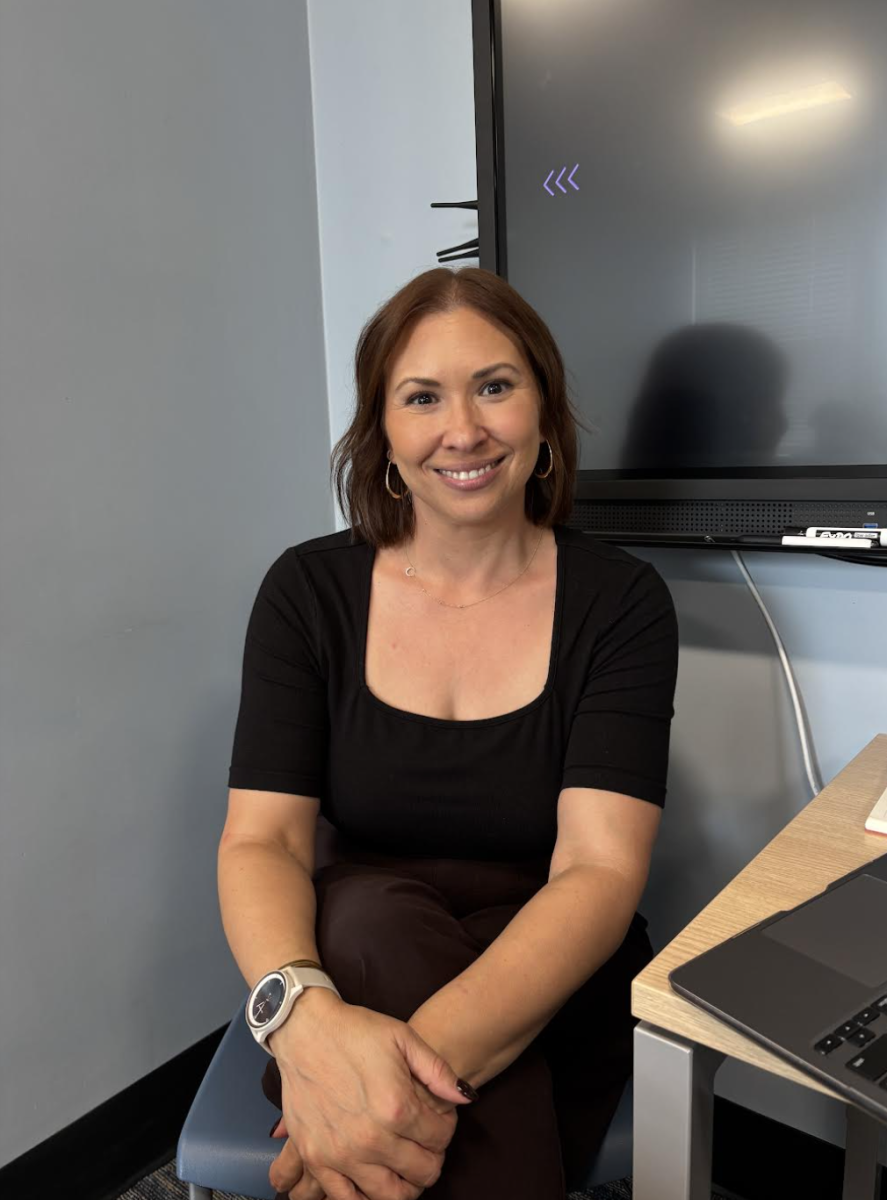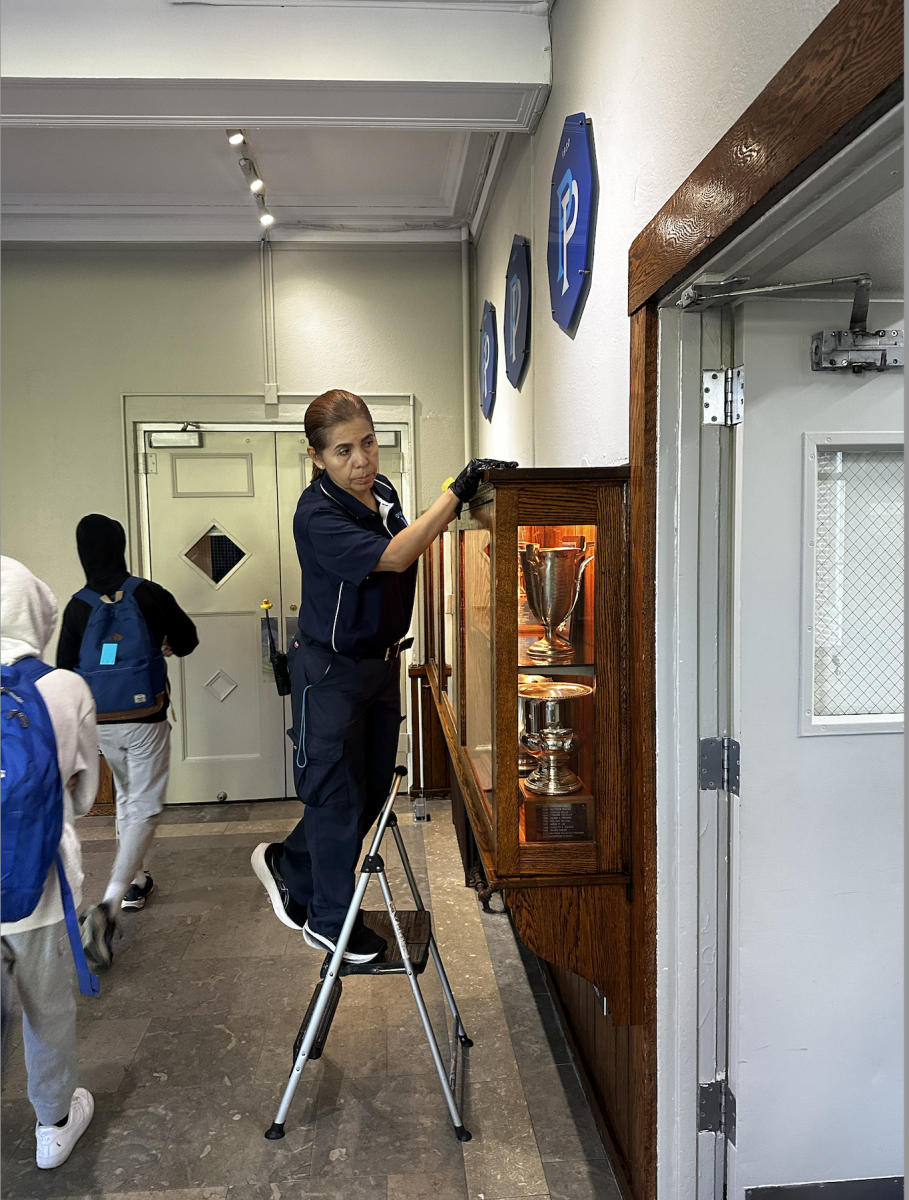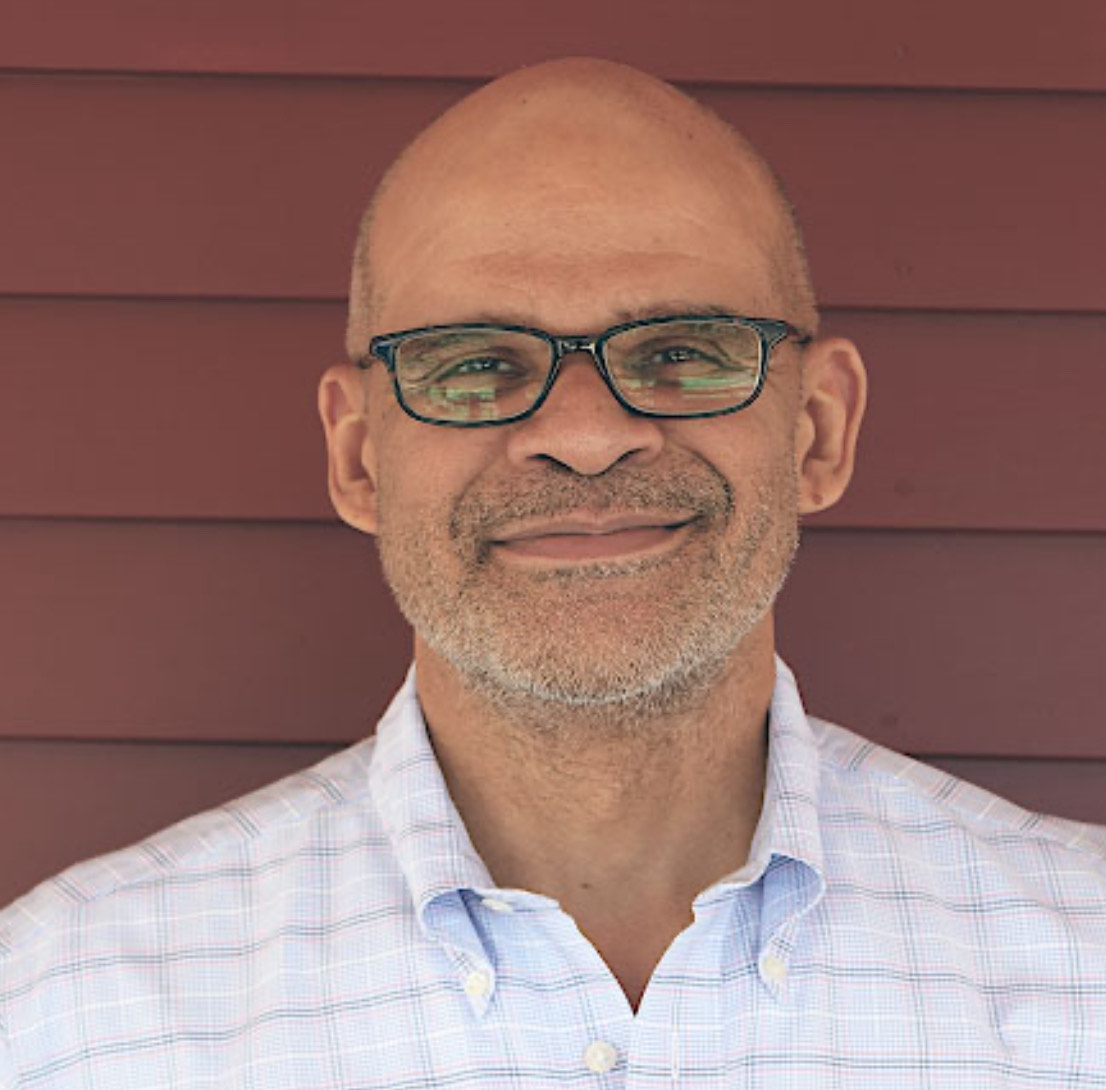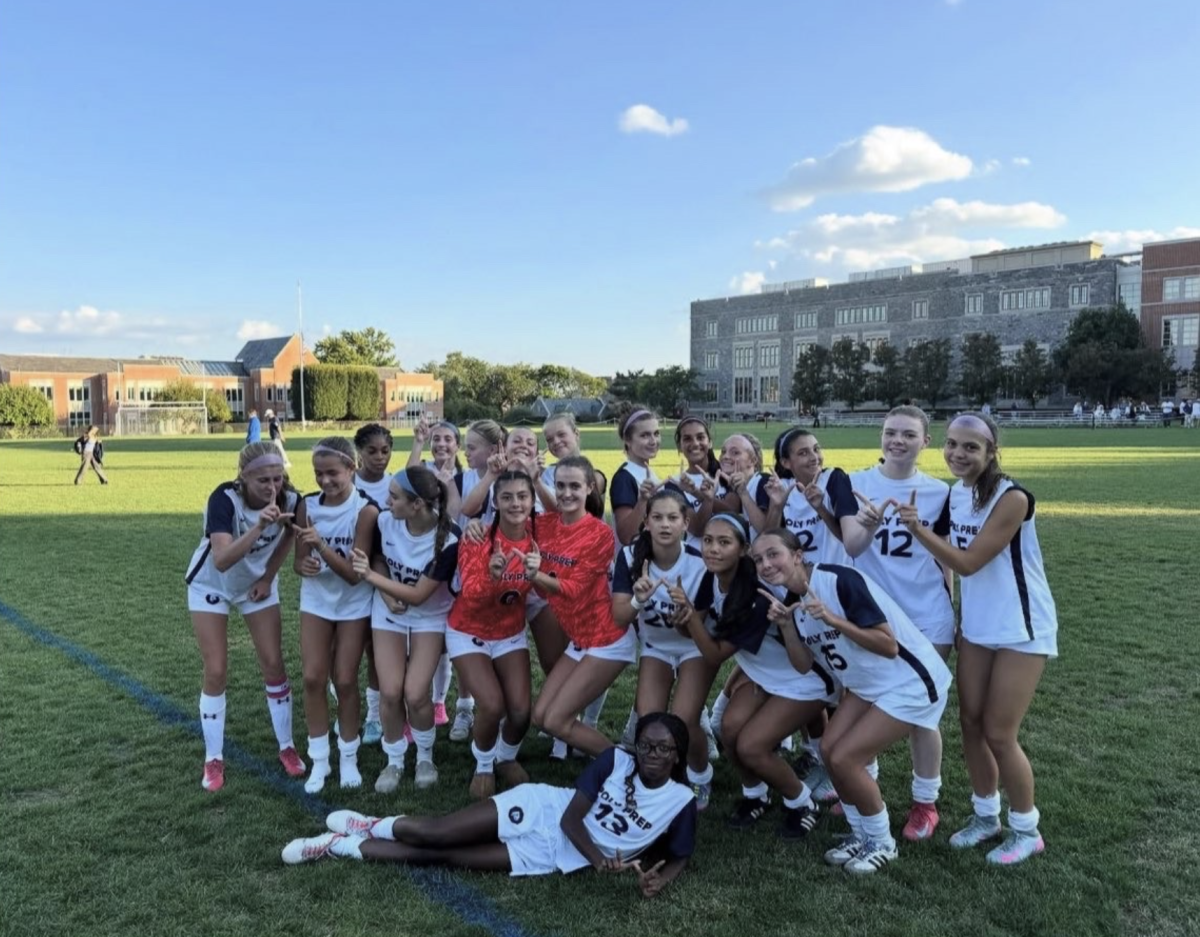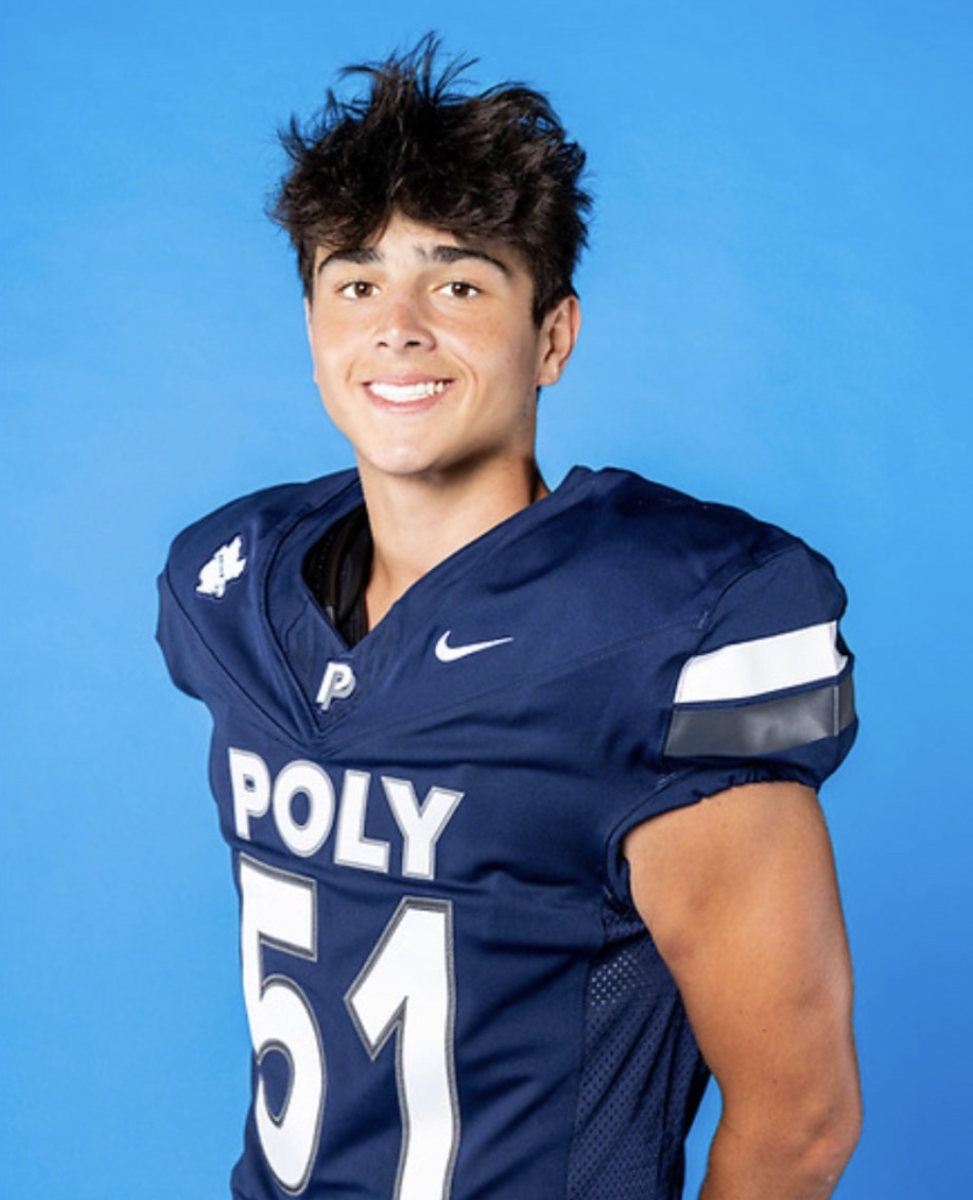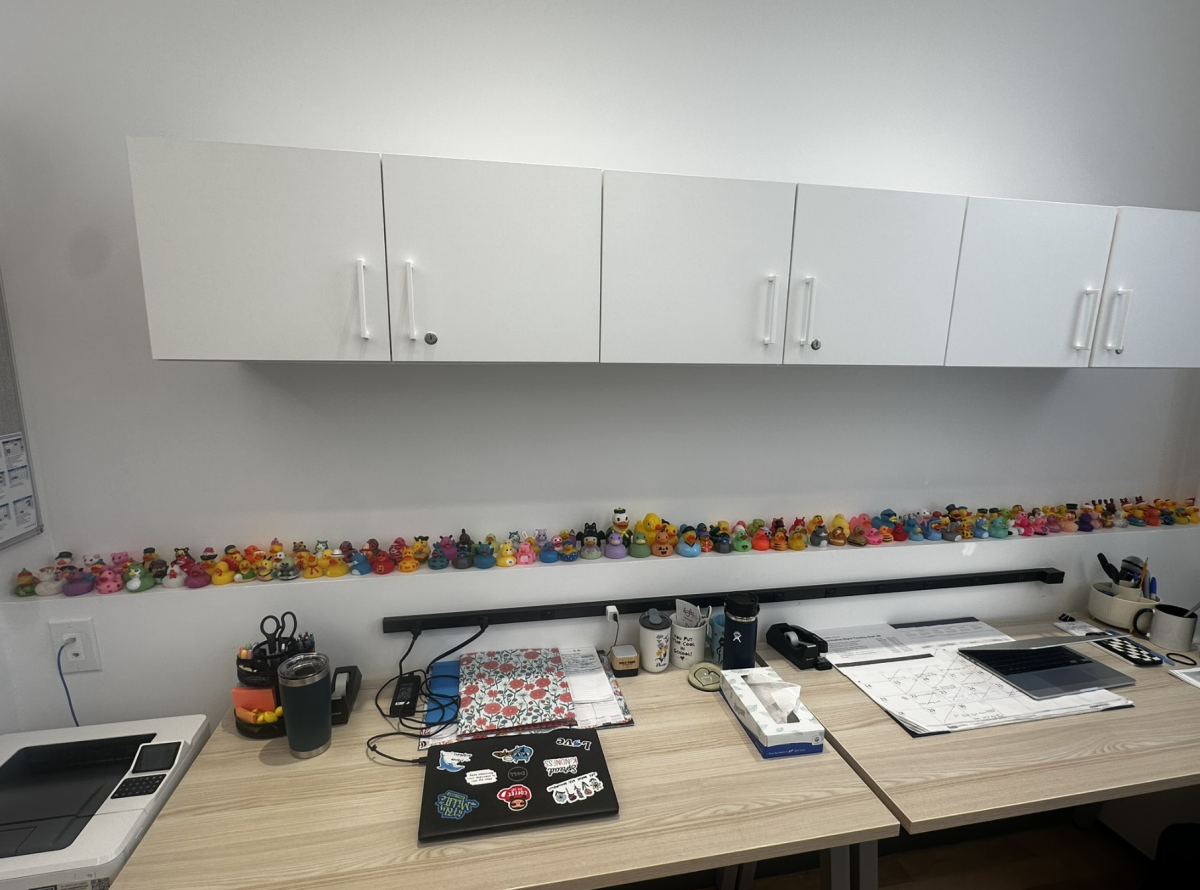This summer, I participated in an educational trip with American Tributaries: an insight into Capitol Hill and the political atmosphere of the American South. American Tributaries is a non-profit organization aiming to promote bipartisanship through immersing students in different American cultures and communities; an especially rare travel experience in a deeply polarized nation and time.
The organization, founded by Michael Whidden, took four high schoolers from Poly Prep and four other high schoolers from Cranford, New Jersey, from a predominantly democratic region to an area on the opposite end of the political spectrum. In 11 days, we traveled through DC, Charleston, Columbia and Greenville, meeting farmers, soldiers, Congressional staff and southern locals. The trip exposed me to a world that I now recognize, understand and empathize with, and I will carry that knowledge with me forever.
Washington, District of Columbia:
Our day started at 5:30 a.m., when we met at Moynihan Hall in Penn Station to take the Amtrak to DC. Going straight to Capitol Hill, we met with a variety of staff members working for the House of Representatives, Senate and caucuses; arguably, the most interesting part: they were all politically different, ranging from far right to far left. However, their opinion didn’t seem to matter.
I researched the politics of each Senator or Representative. What do they believe in? What policies do they support? I failed to realize, though, that the people behind their policies, speeches and work are mainly the staff. Our conversations with the staff members detailed their careers, daily tasks, ambitions and education rather than resembling a political debate. Their details shifted the focus from a single public figure to the many people working behind the scenes with long hours and small pay: the “how.”
To my shock, each staff member revealed that you don’t have to be from the same state or even share the same beliefs as the Senator or Representative; their job was to help their boss.
Our day in DC serves as an important reminder, which polarization neglects, of how each politician ultimately strives to create their vision of “a more perfect union,” regardless of whether we agree or disagree with their approach.
Charleston, South Carolina:
One of our first stops in Charleston was the McLeod Plantation, which was maintained by Confederate forces during the Civil War. The plantation operated until 1922, and the enslaved people living on the plantation developed a distinct culture and language known as Gullah Geechee.
In the 1920s, the McLeod family turned the house into a tourist attraction, constructing a fake driveway, front of house and most importantly: a new historical narrative; they glorified the Confederacy and dismissed the suffering and lived experiences of the enslaved Gullah Geechee people. It was only until 2015 that the McLeod Plantation Historic Site opened.
One of the Gullah Geechee family members passed on stories with horrific details of slavery throughout generations; she is the reason the history of many enslaved families on the Mcleod plantation was carefully preserved.
The story of the McLeod plantation remains vivid in my memory because of the historic site’s ability to tell the personal and frightening stories of the enslaved people living there. Many families that have experienced slavery cannot speak about their painful past reality, which made it powerful to see this history preserved in such detail, even after a white family had attempted to erase it.
There are still people today actively trying to silence the history of slavery and support the confederacy. According to NBC News, for example, in June of 2015, Dylann Roof – a “21-year-old admitted white supremacist” – carried out a racially motivated mass shooting at Emanuel African Methodist Church in Charleston, killing nine Black people during a bible study. Prior to the shooting, the gunman posted photos on his now-removed website showing him at historic sites such as the Mcleod Plantation, documenting his obsession and support with South and Confederate history.
We then visited two different farms, one of which being Celeste and George Alber’s farm. While on their farm, I was lucky enough to talk to Celeste Alber individually, sitting in her passenger seat while we drove to see her chickens. She shared that she had recently gone to the doctor, and when asked what medications she was taking, she answered “none.” The doctors were in disbelief that, in her sixties, Celeste had no prescriptions. Our conversation shifted to the Donald Trump Administration, and she explained that she admires its emphasis on promoting healthy eating. Celeste considers herself a healthy person and credits her lack of medical issues to her ability to source non-processed foods through farming.
Compared to the cities we visited in South Carolina, Agro-business is not a popular profession in New York City as there is less green space to implement this type of production cycle. Celeste Alber’s insight exemplifies how context and experiences of one’s life, their job, lifestyle and careers, reflect their political beliefs: they align with the perspective where they believe their lived experiences are valued. Throughout this trip, I’ve noticed that when we live in bubbles of differing operating cities, we tend to create divides without considering their context. We don’t need to agree, but we should be able to listen.
Columbia, South Carolina:
After a four-hour drive from Charleston to Columbia, we arrived at a one of a kind school: South Carolina Governor’s School for Agriculture. According to South Carolina Governor’s School for Agriculture’s website, the school is “the nation’s only residential public high school devoted to agriculture [education],” occupying 1310 acres of land for forestry, livestock and produce.
The school only provides agro-based sports on their campus, and one of them is skeet-shooting, a competitive sport where participants shoot flying clay targets, also known as “clay pigeons” or “birds.” Most of the American Tributaries students had never shot a gun before.
After shooting a couple discs, seeing if we could get the target, we talked to our advisers teacher and tour guides. One of them told us that he held his first gun at four-years-old.
Coming from a city that strongly discourages gun-usage, the commonality of open-carry felt foreign. We marvelled over the fact that at four-years-old he held his first gun because of how shocking it felt.
Our skeet-shooting instructor shared that on a farm, he could never predict if animals may damage his crops or when he would need to protect his land or himself. He mentioned that it could take 10 minutes just for the police department to answer a call, highlighting the privilege of living in a city with police close by. His context revealed that rural areas often rely on gun-usage due to the sense of limited protection, which reminded me of Celeste Alber’s story.; Uunderstanding different lifestyles, shifts our focus from judgment to curiosity; the various reasons behind political differences, even if we don’t support or agree with it. Our environments shape our priorities and normalized practices.
On our second and final day in Columbia, we visited Fort Jackson: “the largest and most active Initial Entry Training Center in the U.S. Army,”” according to the Military One Source.” We were able to spend the day with a Drill Sergeant, meeting people from different levels in the Army, viewing training and their everyday tasks.
Within South Carolina’southern culture, we observed as a group that many Southerners value going into careers they believe are important to the nation. When talking to the Sergeant, he shared how he didn’t necessarily enjoy his job or receive a huge salary. Still, he feels a need to serve his country, and in this way, his job feels extremely rewarding—similar to the staff members on Capitol Hill.
Reflecting from the Experience:
Growing up in New York City, I experienced how Southern culture is often negatively characterized, especially through the lens of social media, which tends to amplify the most extreme or controversial viewpoints; it becomes easy to reduce entire communities to singular ideologies. The experience of American Tributaries confronts just how incomplete and unfair that perspective can be.
Over the course of 11 days, I met farmers, congressional staffers, soldiers, rural citizens and South Carolinians, but most importantly I met people. Beliefs are our lived experiences—shaped by geography, access, education and need.
I am not suggesting that we abandon our political beliefs, rather I believe that we should create understanding from our judgement. Empathy begins with intellectual humility: the recognition that we cannot fully understand a place—or its people—without listening to the stories that shape them. In a time of deepening divides, that kind of understanding is not just valuable; it is essential.

